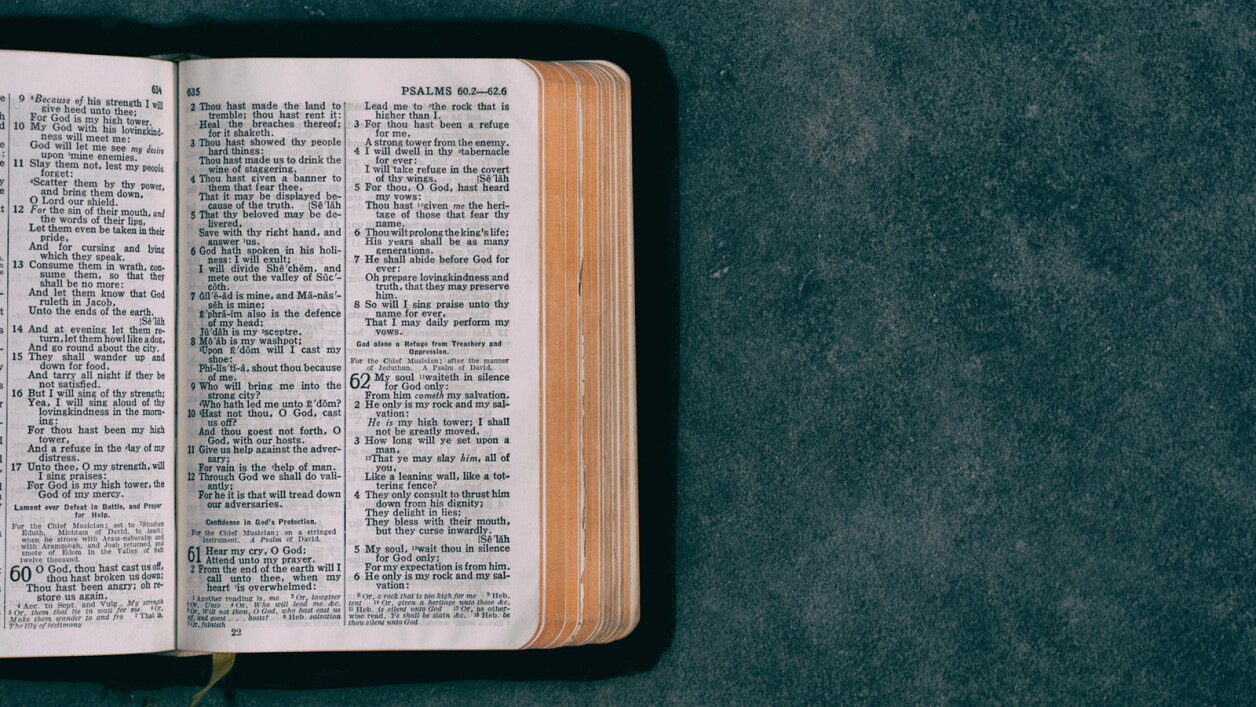
Rejoice, young man, while you are young, and let your heart cheer you in the days of your youth. Follow the inclination of your heart and the desire of your eyes, but know that for all these things God will bring you into judgement. Banish anxiety from your mind, and put away pain from your body; for youth and the dawn of life are vanity, for the silver cord will be snapped, and the golden bowl will be broken. The dust returns to the earth as it was, and the breath returns to God who gave it. Vanity of vanities, says the Teacher; all is vanity.
- Ecclesiastes 11:9, 12:6-8
My teacher, Dr. Henry Arnold, in his Shakespeare 102 class, assigned a Shakespeare sonnet to each of us. We were each to teach a twenty minute class module on our assigned sonnet. Out of the Elizabethan cap, I drew Sonnet #142 in which the Bard bitterly opines on the character of a love-interest who has spurned his advances because “…she’s just not into him.” In my preparatory conference with Dr. Arnold, I told him I could picture young William sitting alone at a in The George (The George Inn) drinking himself into a whisky-sodden pity party. I told Dr. Arnold I imagined a bandy-legged stevedore mocking Shakespeare from across the pub; “Well met, sir playwright. Yes, you with the maiden’s collar; give us one-a them treacle-dip’t love rhymes you do!” The room laughs. Thus, Sonnet #142 is given an impromptu, drunken birth.
Dr. Arnold was intrigued with my take on 142; laughing he said, “Novel Moran, why don’t you present it that way!” I mistakenly thought he meant to actually be intoxicated for my presentation.
I share this story for two reasons. First, in my youth, I did indeed “Follow the inclination of [my] heart and the desire of [my] eyes.” I am sure many of us have such stories. Then, I was testing the tensile strength of the silver cord; I was also testing and medicating my abject fear of constructively using my deeply hidden intellect in public. At that time of my life I was secretly humble, with a little “h”. Today, as I contemplate the inevitable return to dust, I feel a need to see the upside-down reflection of some of my foolishness in the golden bowl before it is broken, especially as I join you in the hunt for HUMILITY.
The second reason I share this story is thanks to Shakespeare, drunk or sober. The rhyming couplet that ends Sonnet #142 is this: “If thou dost seek to have what thou dost hide, By self-example mayst thou be denied.” I am fascinated that that is what survives my fear.
As we beat the thicket in our small groups, trying to flush out truths about Humility, I can’t help think I am looking in the wrong places. If God made humankind “in our image, in our likeness” (Gen 1:29), the fall notwithstanding, it seems we were given the gift of Humility at creation. Ponder our children, the little ones at play. Through our tears of wonder, we see how they own it. With what have we obscured the seed of Humility, given to us at creation, at birth? With what have we obscured our hard-wired birthright; the Humility Jesus asks us to exercise with one another every day, like children at play? I offer the Fear within, in all its forms.
Musical Reflection Do Not Be Sorrowful or Regretful, Brahms
Jesus, focus our eyes and hearts on those gifts we choose to hide. Help us to free them, so we may play with one another in love like children, until Dust-time -- the final Gift of which even our vanity will not allow us to be denied. Amen.


